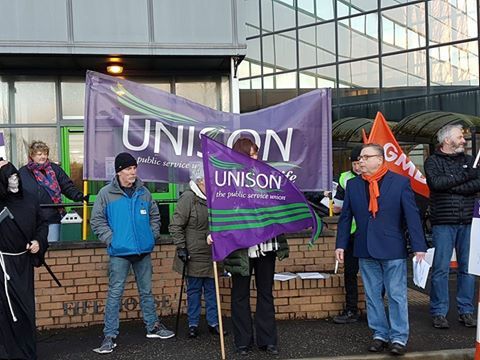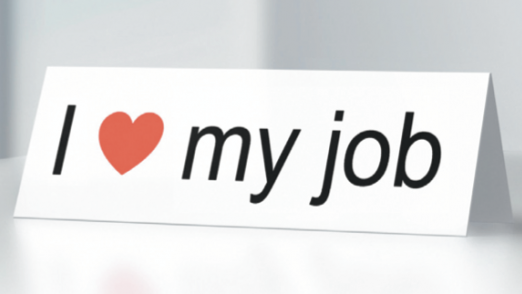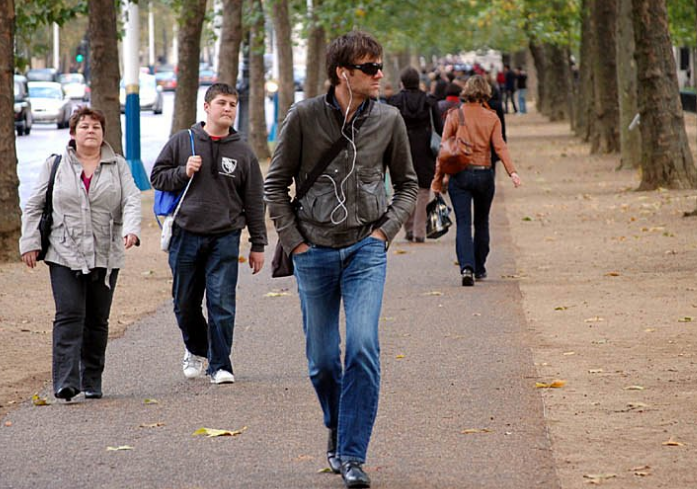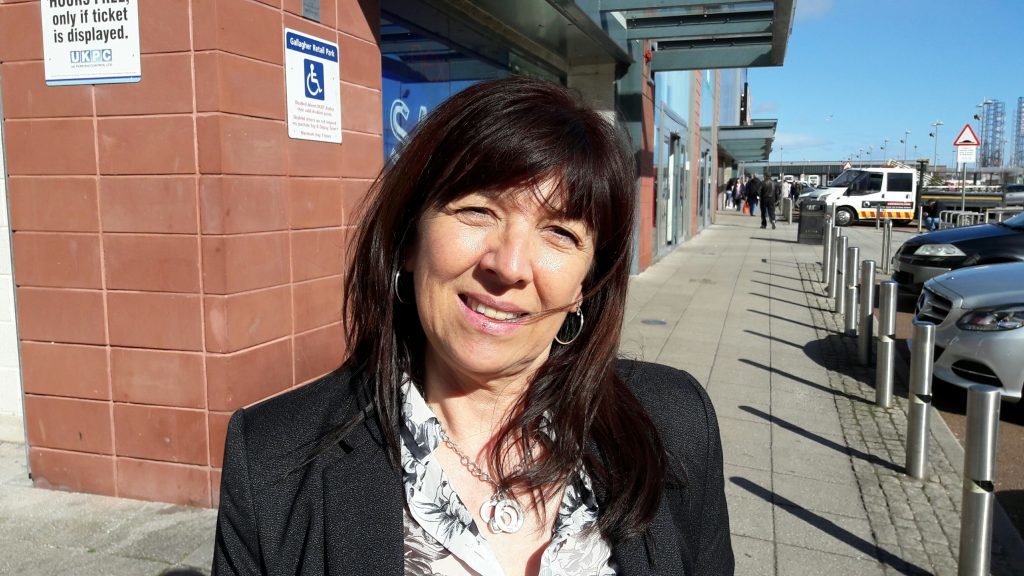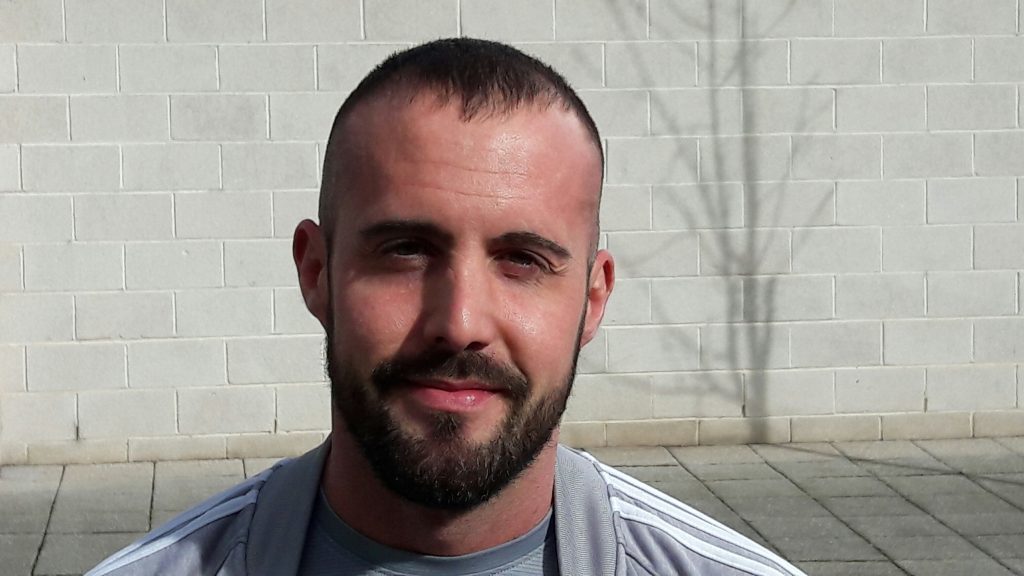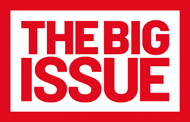As a new survey suggests that almost half of UK workers are unhappy, with so-called millennials the least satisfied at work, are employers storing up a crisis? Michael Alexander reports.
Happy in your work? You could be one of the lucky ones.
A new survey suggests only about half of us are content – and productive – in our jobs.
And experts have warned that could be damaging, not just for them and their families but for society in general.
The research, by employee services provider Personal Group, found 52% of the UK’s 31.4 million employees reported they were happy at their work.
However, that still leaves a worrying 48% of workers who are cheesed off, while only half say they are productive in their jobs.
Lack of recognition, long hours and financial pressures are among the most common complaints from employees.
The problems run deeper, say the study’s authors, since the consequences of a disengaged, demotivated and lacklustre workforce are damaging not just for individuals but also for employers and the wider economy.
Junior workers are most likely to be disillusioned with their lot, the survey of 800 UK employees says, with the over-50s and in particular senior managers, directors and those who are self-employed keenest to get into work in the mornings.
Mark Scanlon, chief executive of Personal Group said it’s “no surprise” there are variations between those in different roles.
Directors and senior managers tend to be much more positive than more junior team members, he said, adding that efforts to increase engagement should therefore focus on front-line workers in the “engine room” of the UK economy.
Yet while the impact can be detrimental to the immediate workplace, with happy workers said to be 12% more productive, the consequences can be far more wide reaching for the economy.
He added: “Can this lack of engagement with the people at the coalface explain the widening UK productivity gap?
“There is growing evidence of the connection that happy and engaged employees are more productive.
“This could explain why those who are self-employed seem to be happiest and why the UK entrepreneurial and start up scene is so successful – these people unsurprisingly tend to feel more invested in the business outcome.”
Of course, the happiness of a workforce can often be dictated by distant macro-economic forces.
The latest statistics suggest UK unemployment fell from 4.8% to 4.7% between November 2016 and January 2017 – the lowest jobless rate since 2005. The employment rate (the proportion of people aged from 16 to 64 who were in work) remained at an all-time high of 74.6% as the number of people in work rose by 92,000.
Yet wage growth has stalled dramatically since the financial crash of 2008 as the cost of living, post-Brexit announcement, continues to rise.
The rise of part-time work and zero hours contracts in many companies has sparked debate as to whether they offer both employees and employers flexibility or do they, as in the words of one trade union leader, “hark back to the times when people would stand at the factory gates waiting to be picked for a day’s work?”
Debbie Thompson, UNISON Fife branch secretary and joint trade union secretary, said things that can make employees happier include team spirit and job security.
She says the biggest issue for employees can be “not being listened to” if they have an idea.
She says employers with an unhappy workforce need to pay more attention to staff and be more “empathetic”.
“Employers can sometimes forget that employees have a life outside of work and might have issues going on there that affect their performance,” she said.
Another important area was pay rises. She added: “If you look at what’s happening with utilities bills going up 15% – if everyone got a 15% pay rise that would be fine. But the 1% pay rise we are getting, for example, doesn’t do it for me!”
Debbie disputes the aspect of the survey that suggests younger people are the most disillusioned.
From her experience of working for 25 years with Fife Council, she finds that it’s young entrants lucky to have secured a job amid recruitment cuts who are most dynamic and enthusiastic.
By contrast, she says, it’s often older workers who’ve been through multiple bouts of organisational restructure who tend to be the most cynical.
According to Investors in People, tried and tested methods of improving happiness at work include giving employees more control over when they work to improve well-being and morale; introducing home-working as a way to help desk-based employees maintain a healthy work-life balance; providing schemes that help with childcare and caring responsibilities and providing incentives that encourage time off to lead an active and fulfilling life.
Other methods scrutinised by various academic studies include having an action plan of goals; becoming so immersed in an activity that we cease to notice the passage of time, and having a good work environment without too many distractions or very long hours.
Living near work, having access to green spaces and working outdoors, learning new skills and positive feedback also help to boost morale.
The Courier spoke to a selection of workers on the streets of Dundee.
Gill Phillips, 56, a contracts manager visiting Dundee from Aberdeen, said she is happy at work because she is “on the road quite a bit”.
She added: “I’m out and about with flexible working arrangements. I split my day with morning contracts and evening contracts.”
Lee Sweeney, 31, from Dundee, is an engineer working on the construction of the Queen Elizabeth aircraft carrier at Rosyth. Having previously worked offshore and experienced the downturn there, he said the happiest thing about his work was “being in employment full stop”.
He added: “I work three days on/four days off, which gives me more time to spend with my kids.”
Thomas Smith, 42, from Dundee, has sold the Big Issue in the city for seven months. The former plumber is homeless and sells the magazine to “get something to eat”.
He added: “I’m a plumber to trade. Because I can’t get a job I can’t get a house, and because I don’t have a house I can’t get a job. It’s a vicious circle. That’s why I sell the Big Issue which is my work. I enjoy it when regulars come up to me and chat and ask how I’m doing.
“But I get others who give me a wide berth and give me abuse. I’d rather people stopped and chatted than felt they had to buy one of the magazines. That’s one of the things that makes me feel happy. When people treat me as a human being.”



